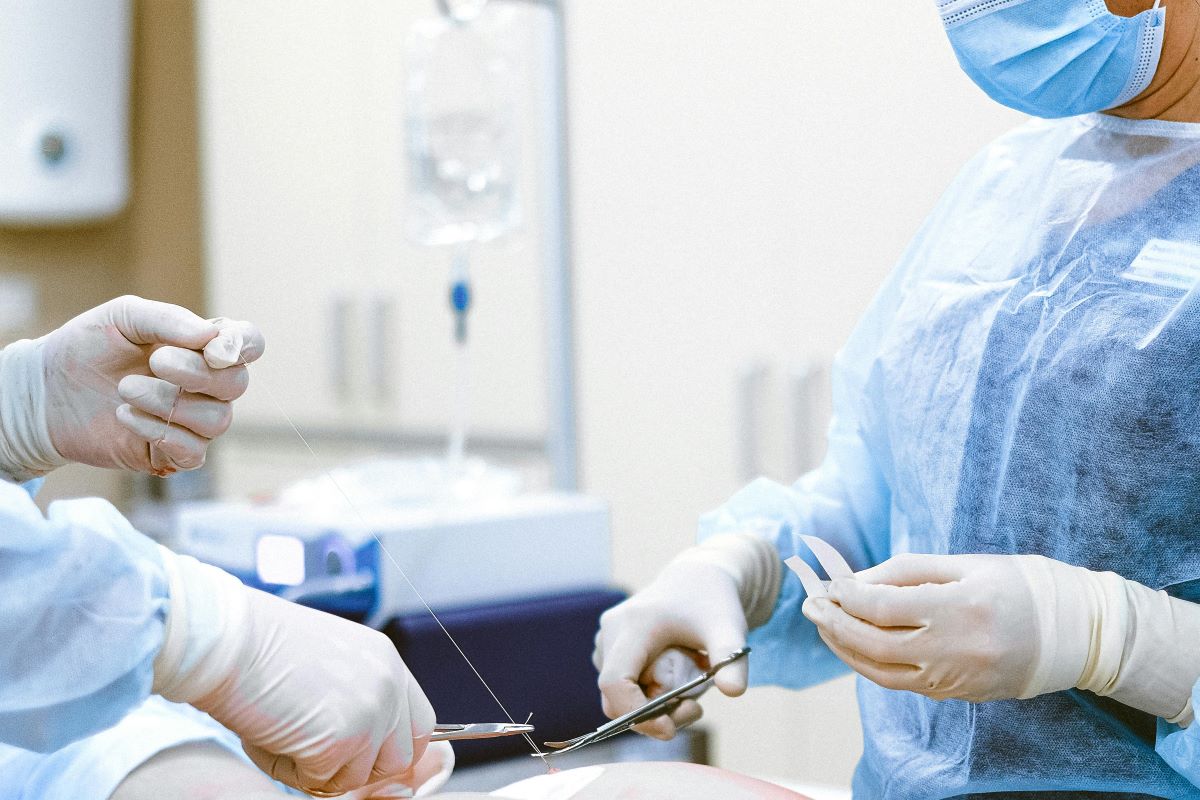In the fast-paced world of healthcare, the role of a sterile processing technician (SPT) often goes unnoticed despite its crucial importance. These professionals are the backbone of hospitals and healthcare facilities, ensuring that medical instruments are clean, sterilized, and ready for use in surgeries and other procedures. Becoming a sterile processing technician can be a rewarding career choice for those interested in healthcare and ensuring patient safety. However, like any career path, it comes with its own set of pros and cons that aspiring professionals should consider.
Pros of a Sterile Processing Technician Career
1. Essential Role in Healthcare
One of the most significant advantages of a sterile processing technician career is the essential role they play in healthcare settings. SPTs are responsible for cleaning, disinfecting, and sterilizing medical instruments and equipment, which are critical for preventing infections and ensuring the safety of patients undergoing medical procedures. Without properly sterilized instruments, surgeries and other medical interventions would carry a much higher risk of complications and infections.
Sterile processing technicians work behind the scenes, but their meticulous work directly impacts patient outcomes. They collaborate closely with surgical teams and other healthcare professionals to ensure that instruments are prepared according to strict protocols and standards. This aspect of the job provides a deep sense of fulfillment as SPTs contribute directly to patient care and safety.
2. Career Stability and Growth Opportunities
In today's healthcare landscape, the demand for sterile processing technicians continues to grow. As healthcare facilities expand and advancements in medical technology increase, the need for skilled SPTs remains constant. This demand translates into excellent career stability and job security for individuals entering this field.
Moreover, sterile processing technicians have opportunities for career advancement. With experience and additional training, SPTs can pursue supervisory roles, become educators in sterile processing programs, or transition into related fields such as infection control or healthcare management. The skills and knowledge gained as an SPT provide a solid foundation for career growth within the healthcare industry.
3. Varied Work Environments and Flexible Scheduling
Another appealing aspect of a sterile processing technician career is the opportunity to work in various healthcare settings. SPTs can find employment in hospitals, surgical centers, clinics, and even dental offices. Each environment offers unique challenges and experiences, allowing SPTs to broaden their skill sets and knowledge base.
Additionally, many healthcare facilities operate around the clock, offering flexible scheduling options for sterile processing technicians. This flexibility can be particularly beneficial for individuals seeking work-life balance or those looking to pursue further education while working.
Cons of a Sterile Processing Technician Career
1. Physical and Emotional Demands
While the role of a sterile processing technician is rewarding, it can also be physically demanding. SPTs often spend long hours on their feet, handling heavy equipment, and working in fast-paced environments. The job requires attention to detail and adherence to strict protocols, which can be mentally and emotionally taxing, especially during high-pressure situations such as urgent surgical procedures.
Moreover, the nature of the work exposes SPTs to potentially hazardous materials and biological risks. Proper safety precautions and protocols are crucial to mitigate these risks, but they add an extra layer of responsibility and stress to the job.
2. Entry-Level Requirements and Training
Becoming a sterile processing technician typically requires completing a formal training program and obtaining certification. While this ensures that SPTs are well-prepared for their roles, it can be seen as a barrier to entry for some individuals. The training process involves learning about medical terminology, infection control practices, and the proper handling of sterilization equipment.
Furthermore, passing the Certification Board for Sterile Processing and Distribution (CBSPD) or International Association of Healthcare Central Service Materiel Management (IAHCSMM) exam is essential for securing employment as an SPT. This certification demonstrates competency and adherence to industry standards but requires dedication and preparation.
3. Limited Public Awareness and Recognition
Despite their critical role in healthcare, sterile processing technicians often work behind the scenes with little public recognition. The job may not receive the same level of acknowledgment as other healthcare professions, which can affect job satisfaction and morale for some individuals.
Additionally, misunderstandings about the role of SPTs may lead to misconceptions about the complexity and importance of their work. Educating the public and healthcare community about the vital contributions of sterile processing technicians is an ongoing effort to enhance appreciation and respect for the profession.
Pursue a Career in Sterile Processing Today
In conclusion, a career as a sterile processing technician offers numerous benefits, including essential roles in healthcare, career stability, and flexible work environments. However, it also presents challenges such as physical demands, entry-level requirements, and limited public recognition. For those passionate about healthcare and ensuring patient safety, becoming an SPT can be a fulfilling and rewarding career choice.
If you're considering a career as a sterile processing technician, take the first step with Health Tech Academy. Known for its accelerated sterile processing bootcamp, Health Tech Academy prepares aspiring SPTs for successful careers in sterile processing. Visit Health Tech Academy today to learn more about how you can launch your career in healthcare with confidence and competence.
This comprehensive guide provides insights into the pros and cons of a sterile processing technician career, outlines steps to passing the CRCST exam, and highlights opportunities for professional growth in the healthcare industry. Whether you're starting your journey or looking to advance in your career, exploring the field of sterile processing offers promising prospects and a chance to make a meaningful impact in healthcare.



